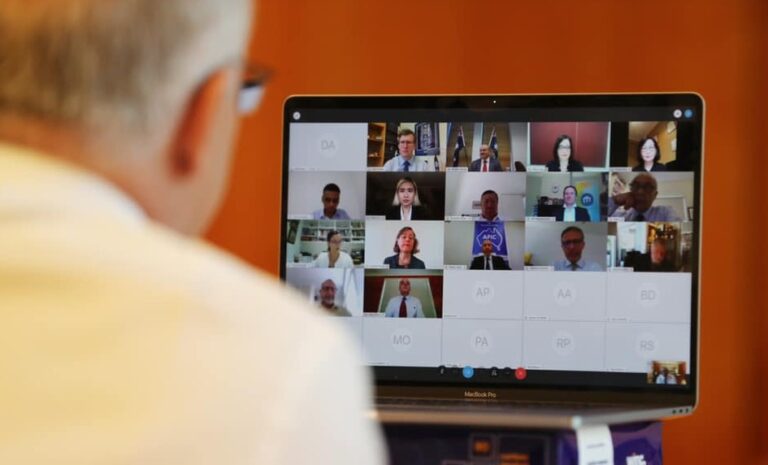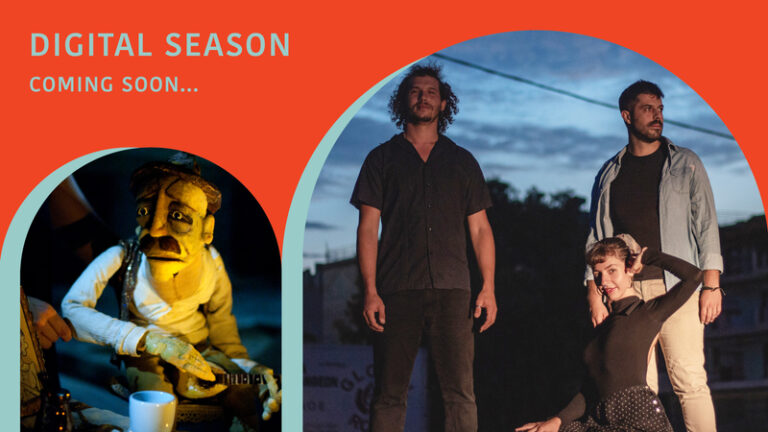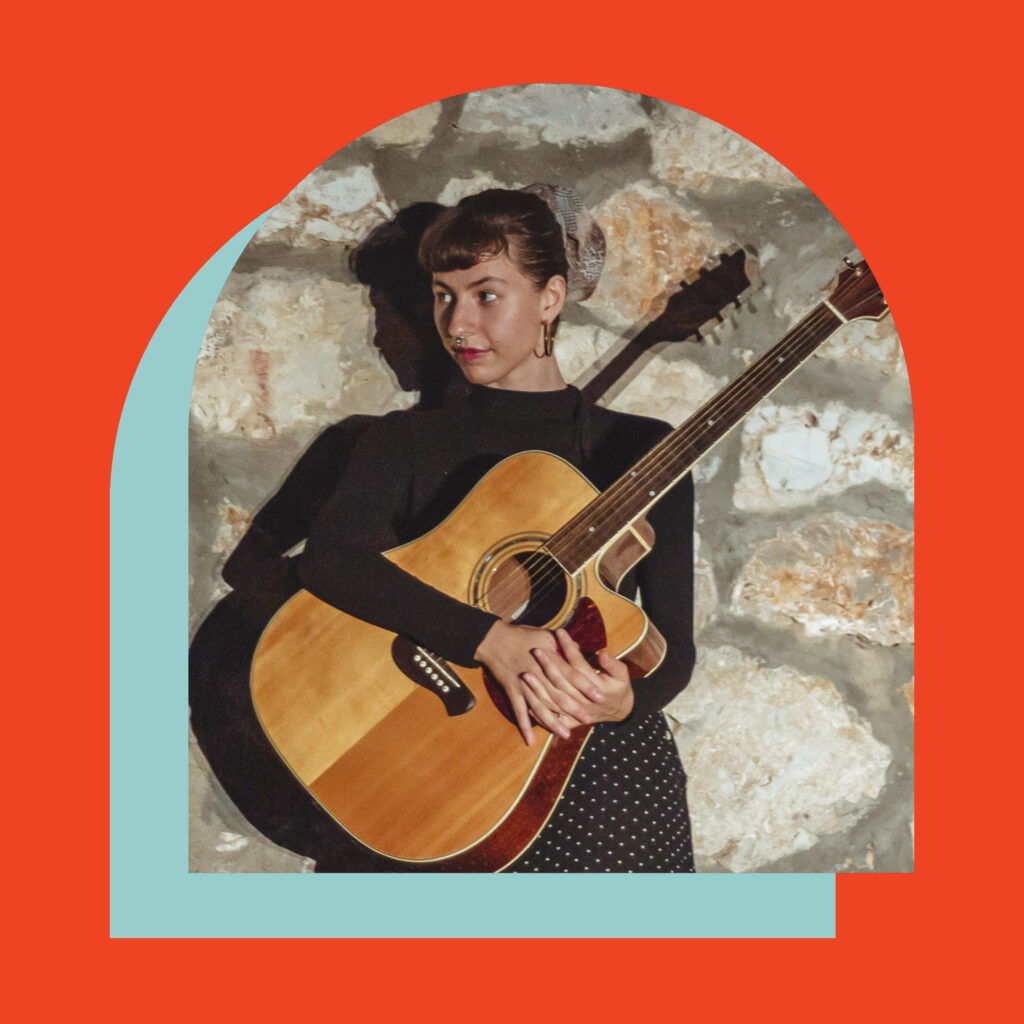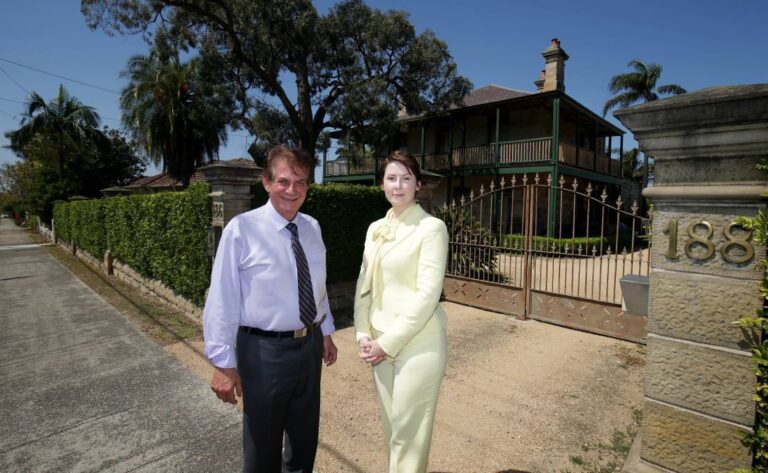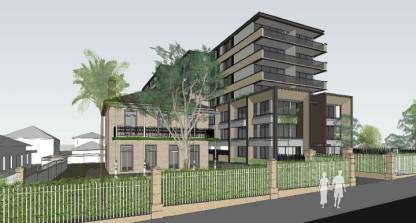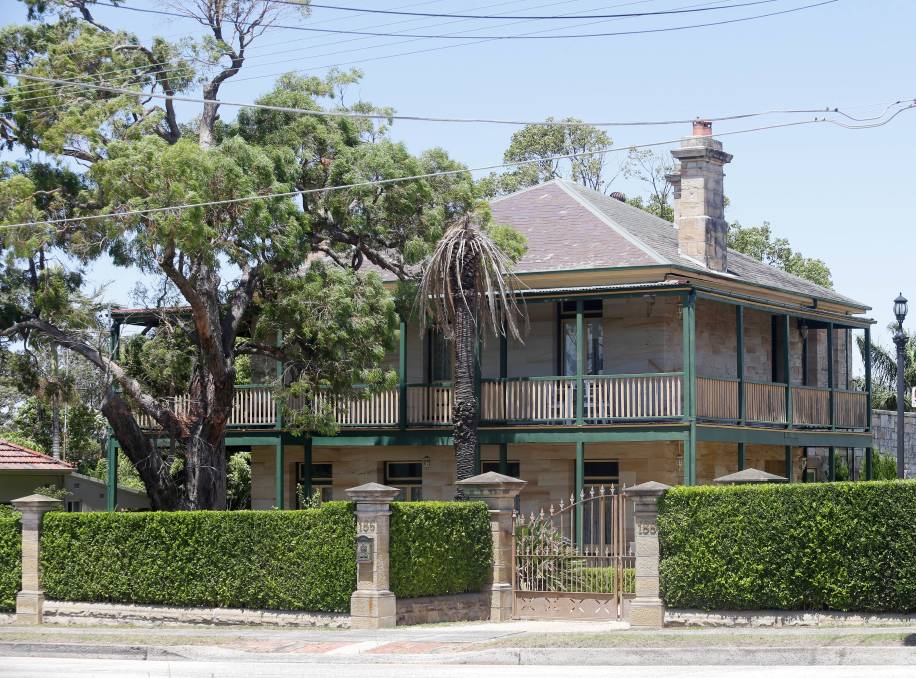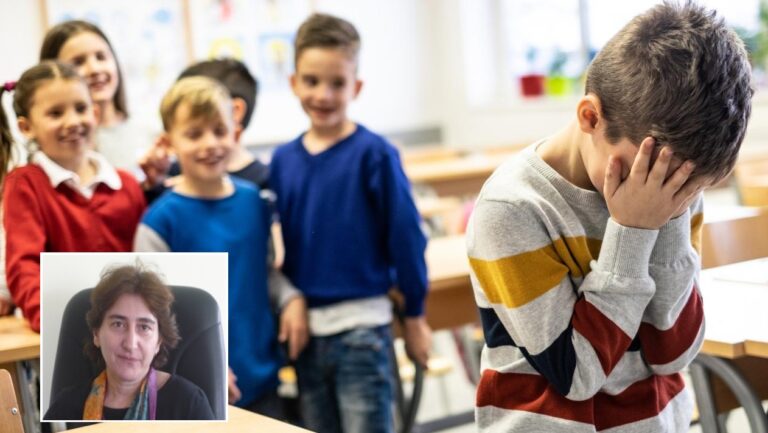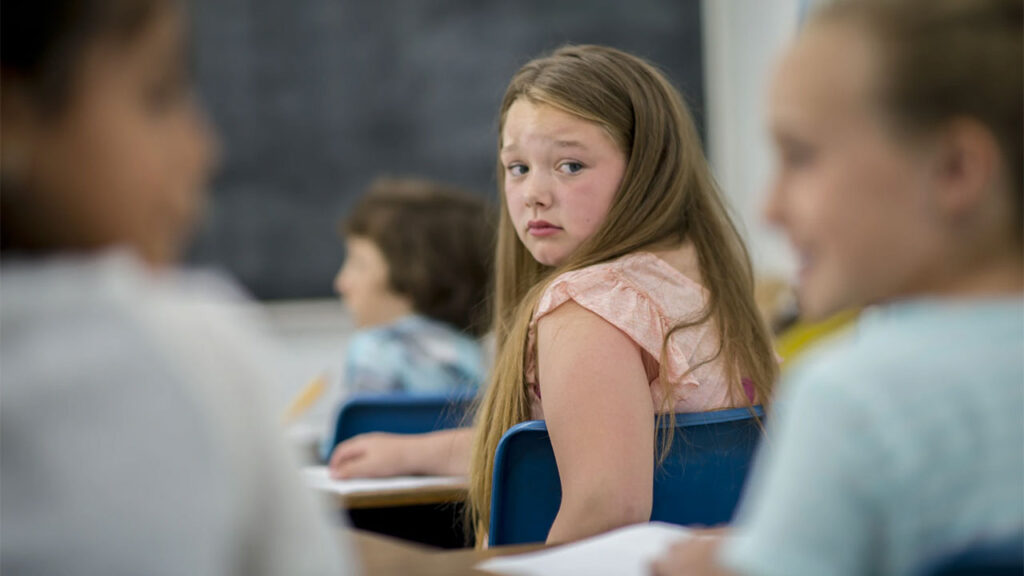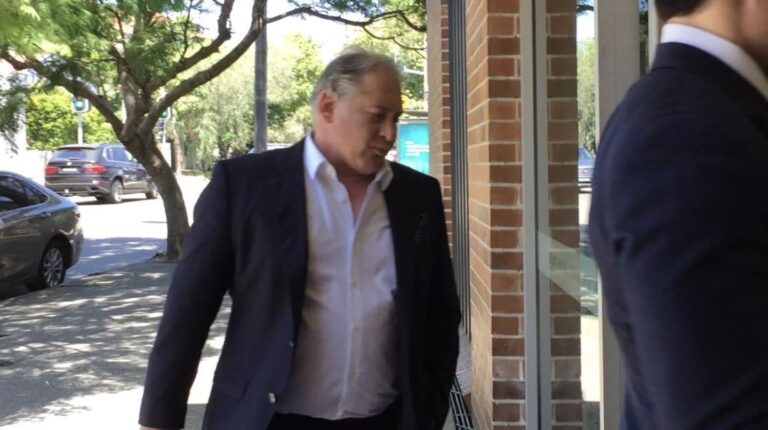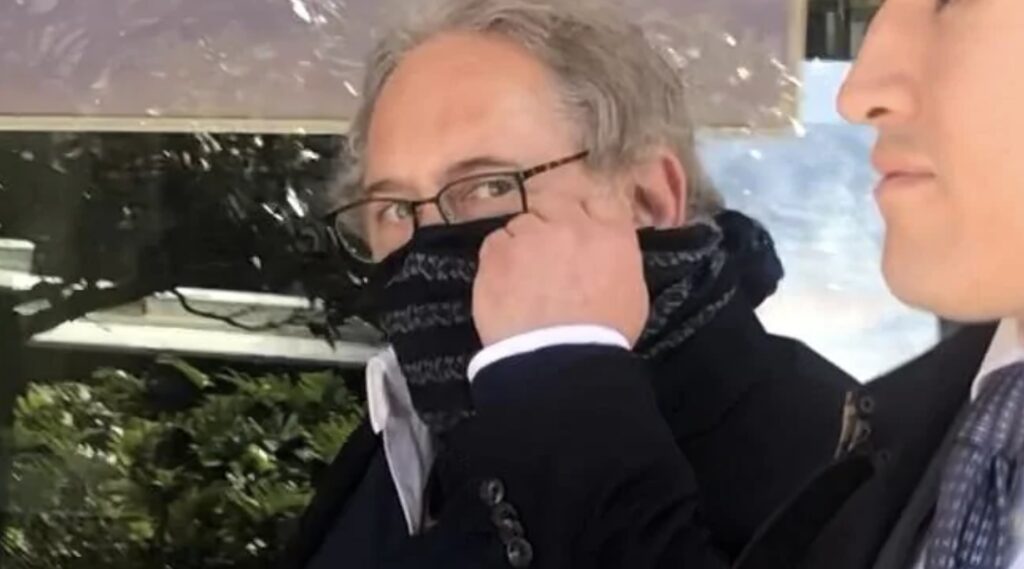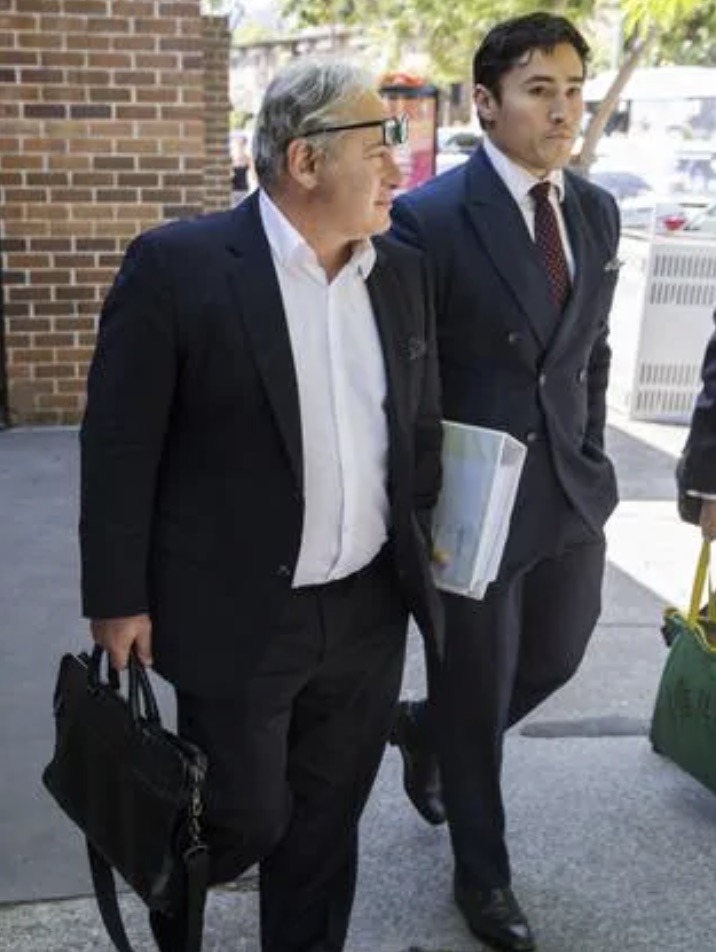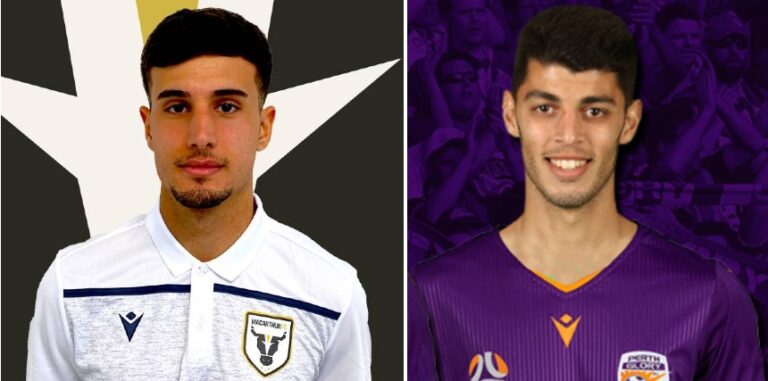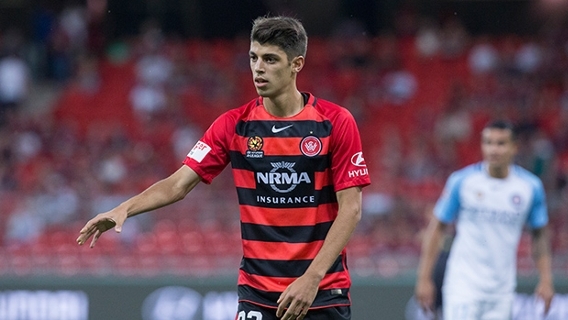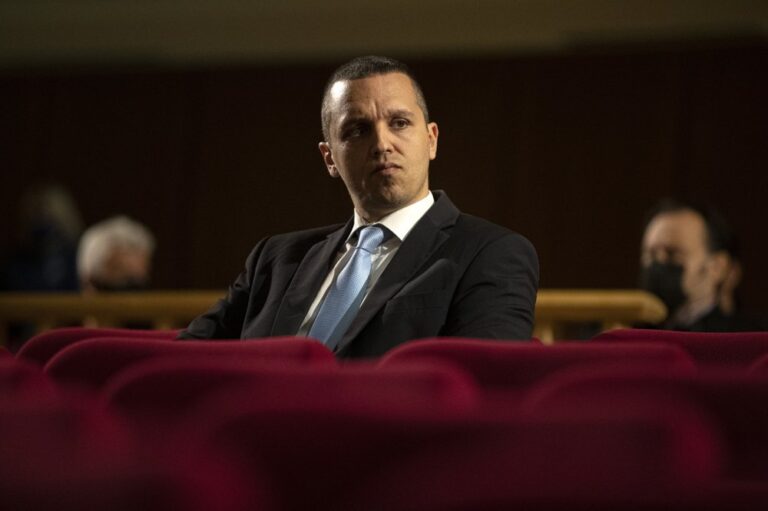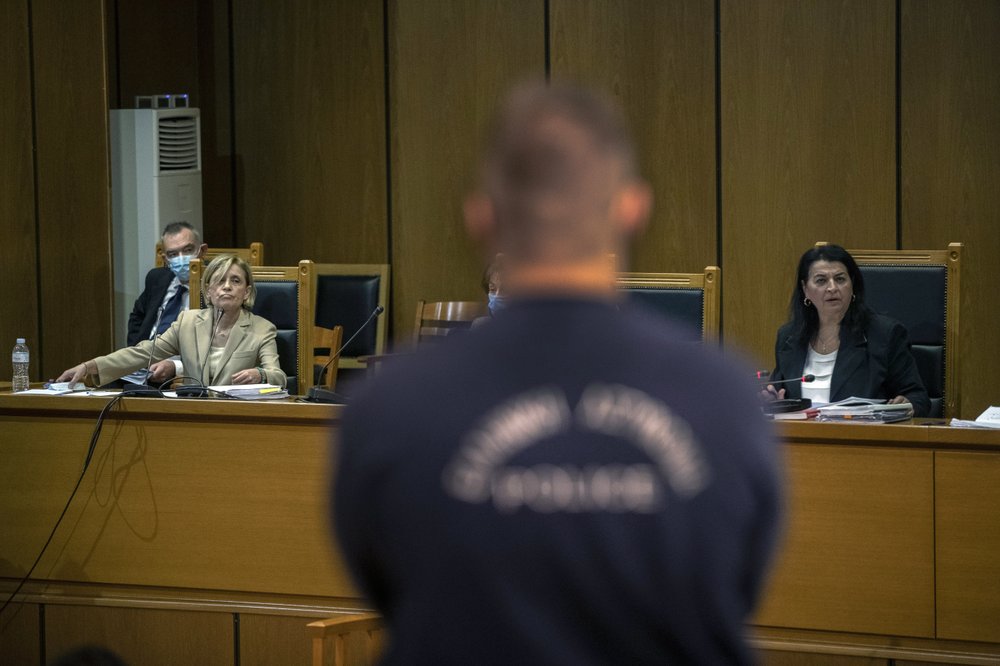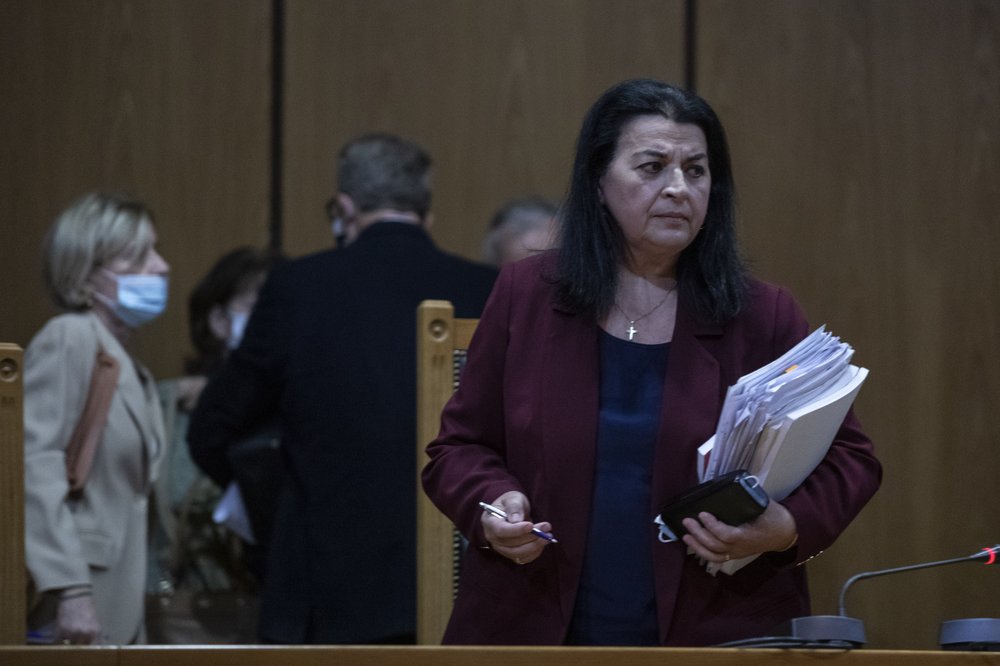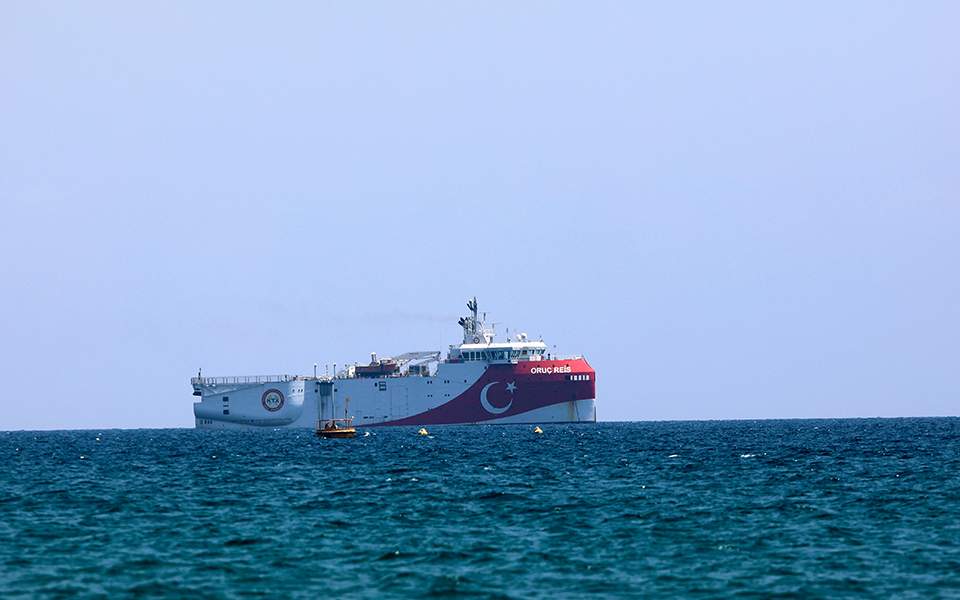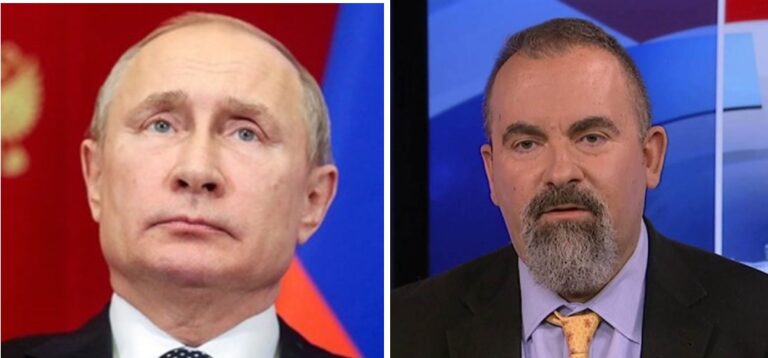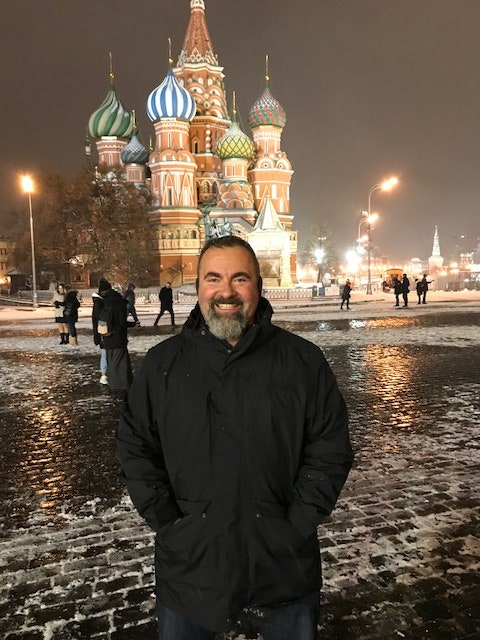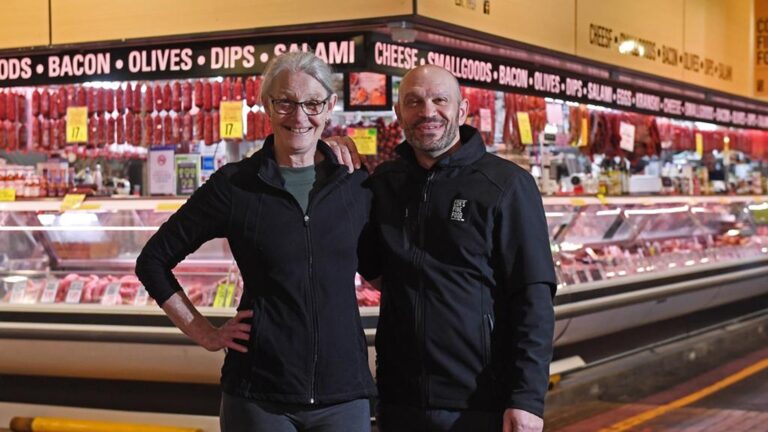On Friday October 23rd, the President of the Greek Community of Melbourne (GCM), Bill Papastergiadis and the President of the Greek Orthodox Community of South Australia (GOCSA), Bill Gonis, along with other multicultural leaders from across Australia, participated in a virtual meeting with the Acting Minister for Immigration, Citizenship, Migrant Services and Multicultural Affairs, Alan Tudge and Assistant Minister for Customs, Community Safety and Multicultural Affairs, Jason Wood.
Opening the round table discussion, Minister Tudge, referred to three policy changes in his portfolio which are directly relevant, to multicultural leaders and their communities.
Specifically, Mr Tudge mentioned that partner visas available have almost doubled for this financial year. He also touched on changes in the English language classes for migrants and the migration program, which will be “completely diminished this year and next” before it ramps back up to close to normal in year three or four.

“I know, is tough for some of your community members who either may not be able to travel to see their loved ones or their loved ones may not be able to come here. We acknowledge that, we’re working on that, there’s further developments almost every day,” Minister Tudge said.
Prime Minister Scott Morrison, thanked all the community leaders for their leadership.
“I’m incredibly proud of the way Australia’s multicultural communities have come together in a focused and practical way to help get our country through this pandemic,” Morrison said.
The Prime Minister said that Australia has done better than most countries and expressed his confidence that a vaccine will be fully produced and passed throughout Australia by October 2021.
“It is very important that the Prime Minister continues his meetings with representatives of various communities. He assured us that this meeting was one of a series of similar meetings he will have in the future,” said GCM President, Bill Papastergiadis.
